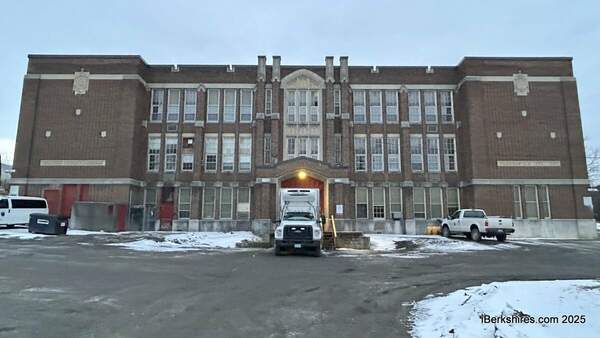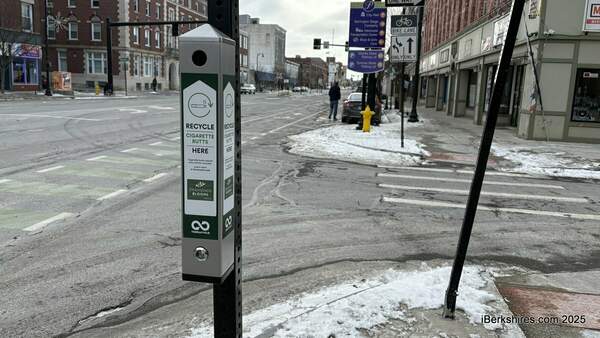Governor Announces Update on Search Process for State Police Colonel
BOSTON — The Healey-Driscoll Administration announced an update on the search process to identify the next Massachusetts State Police Colonel.
The Administration has formed a six-member search committee, composed of diverse public safety professionals and community leaders with wide-ranging expertise, to guide a robust process to identify the new executive and administrative leader of the State Police.
The Committee will guide the search process and partner with the International Association of Chiefs of Police (IACP), the world's largest professional association for police leaders with experience identifying prospective applicants for executive-level public safety roles.
Search Committee members include:
Molly Baldwin, Founder and Chief Executive Officer at Roca
-
Kevin Burke, Former Massachusetts Secretary of Public Safety, former Essex County District Attorney
-
Gayle Cameron, Former Commissioner of the Massachusetts Gaming Commission, retired Lieutenant Colonel of the New Jersey State Police
-
Mark Leahy, Executive Director of the Massachusetts Chiefs of Police Association, retired police chief (Suffield, Conn. and Northborough)
-
Liam Lowney, Executive Director of the Massachusetts Office for Victim Assistance (MOVA)
-
Natashia Tidwell, Litigation Group Member at Mintz, former federal prosecutor and Cambridge police officer
"The next Massachusetts State Police Colonel has a unique opportunity to enhance public safety across Massachusetts, build public trust and advance meaningful reforms," said Governor Maura Healey. "We are grateful to the remarkable members of the search committee for their service and commitment to identifying strong applicants with the vision and values to lead the State Police into the future."
By law, the Governor appoints the colonel based upon the recommendation of the Secretary of EOPSS. The governing statute, Massachusetts law G.L. c. 22C Section 3, requires that the colonel be qualified by training and experience to direct the Department's work. At the time of appointment, the colonel must have 10 years of full-time experience as a sworn law enforcement officer and five years of full-time experience in a senior administrative or supervisory position in a police force or a military body with law enforcement responsibilities. Once appointed, the colonel will become a uniformed member of the MSP. The colonel will also require certification from the Massachusetts POST Commission.
"The selection of the Department's future leader reflects a pivotal moment and transformative opportunity for the State Police and Massachusetts. Our administration is committed to conducting a comprehensive search that is thorough and expeditious," said Lieutenant Governor Kimberley Driscoll. "We look forward to engaging with the search committee and appreciate their dedication to identifying highly qualified and diverse candidates."
On February 17, 2023, the Healey-Driscoll Administration appointed Lt. Colonel John Mawn to serve as Interim Colonel, succeeding Colonel Christopher Mason upon his retirement.
Tags: state police,















